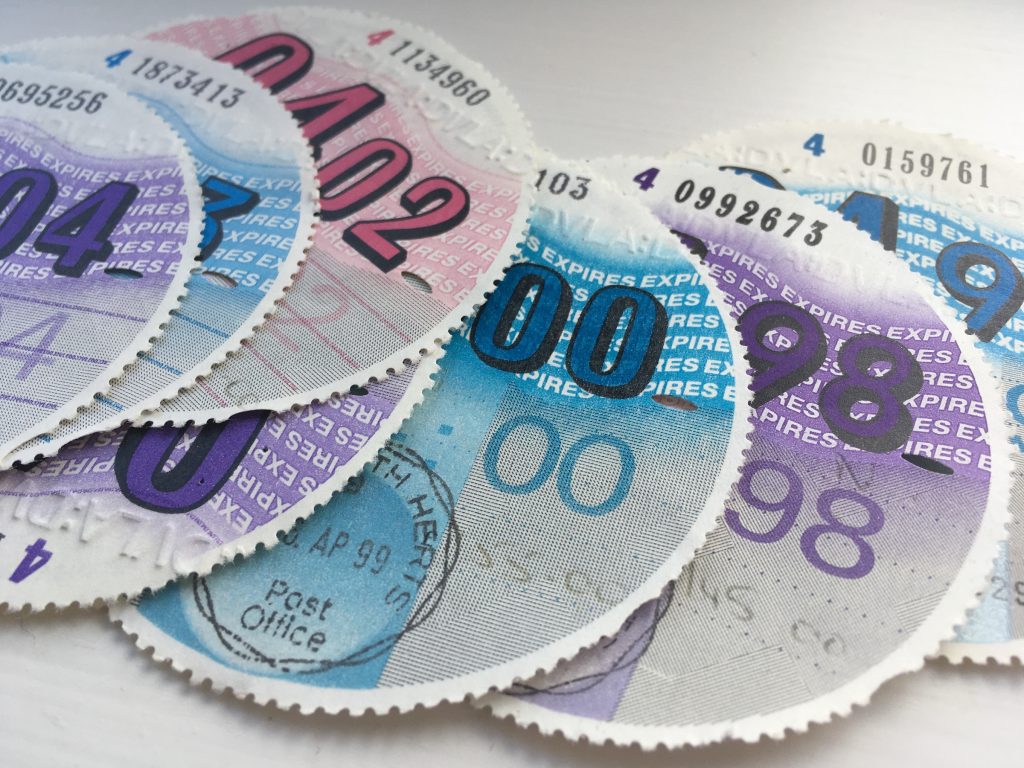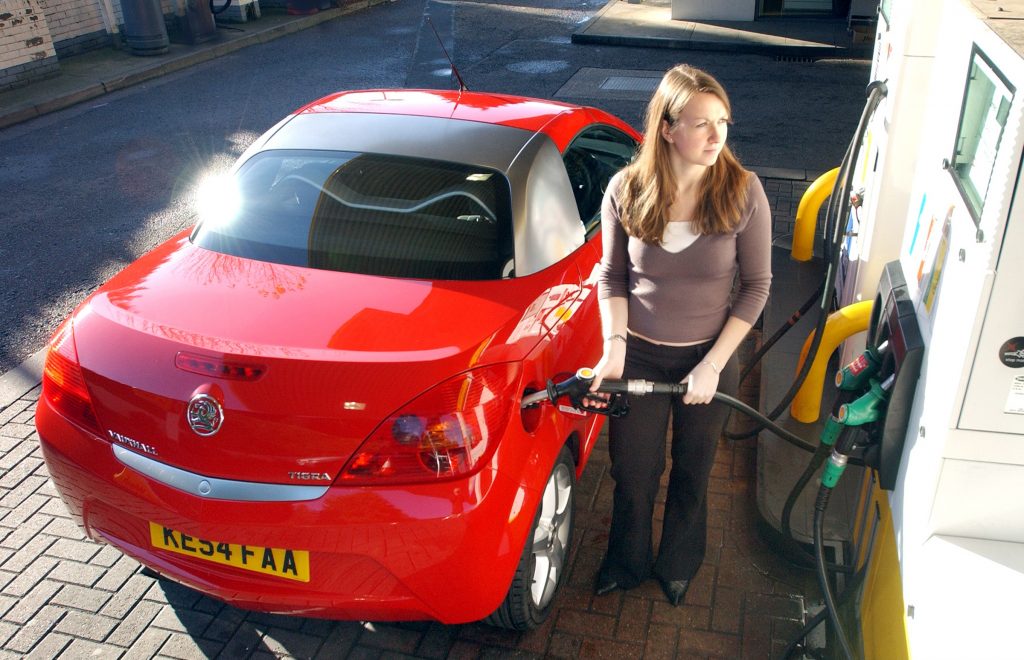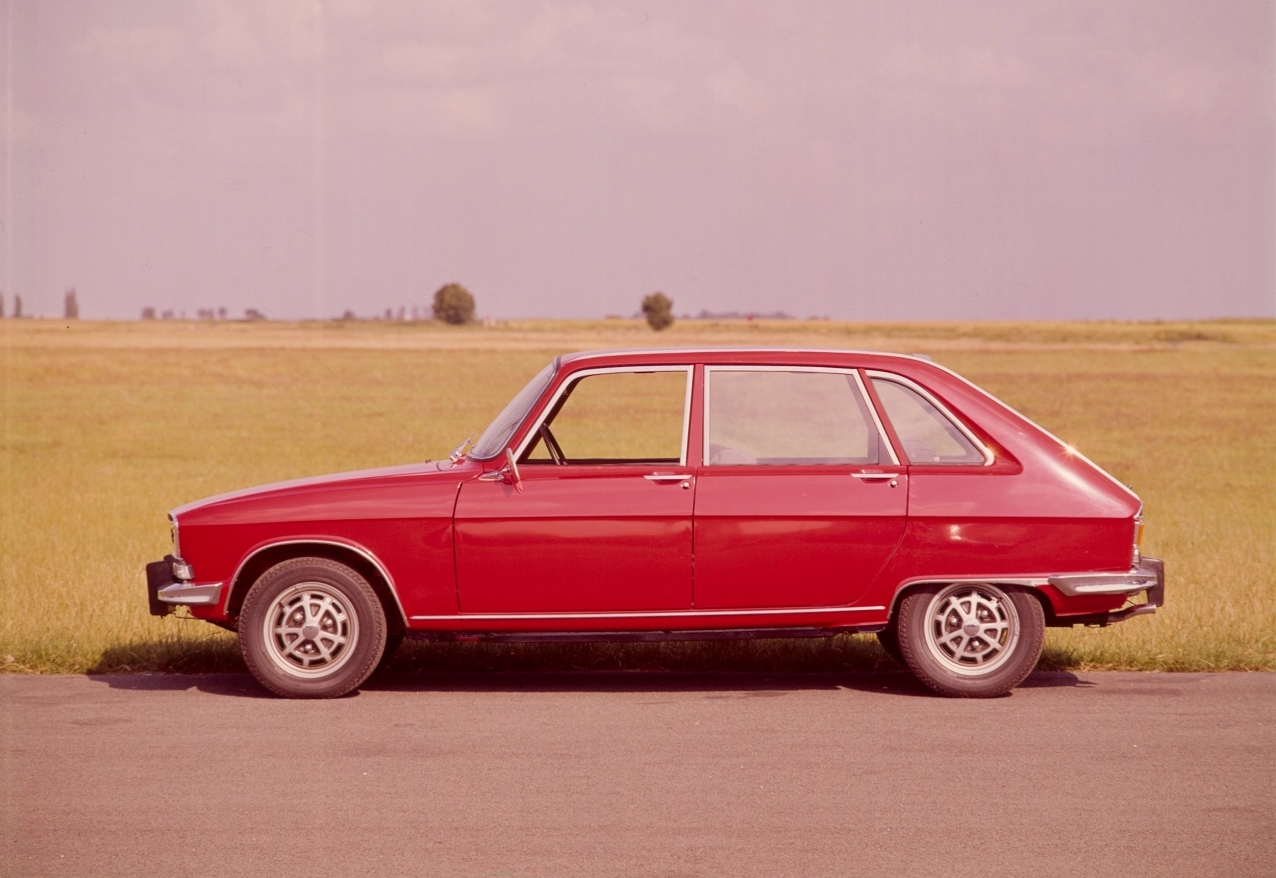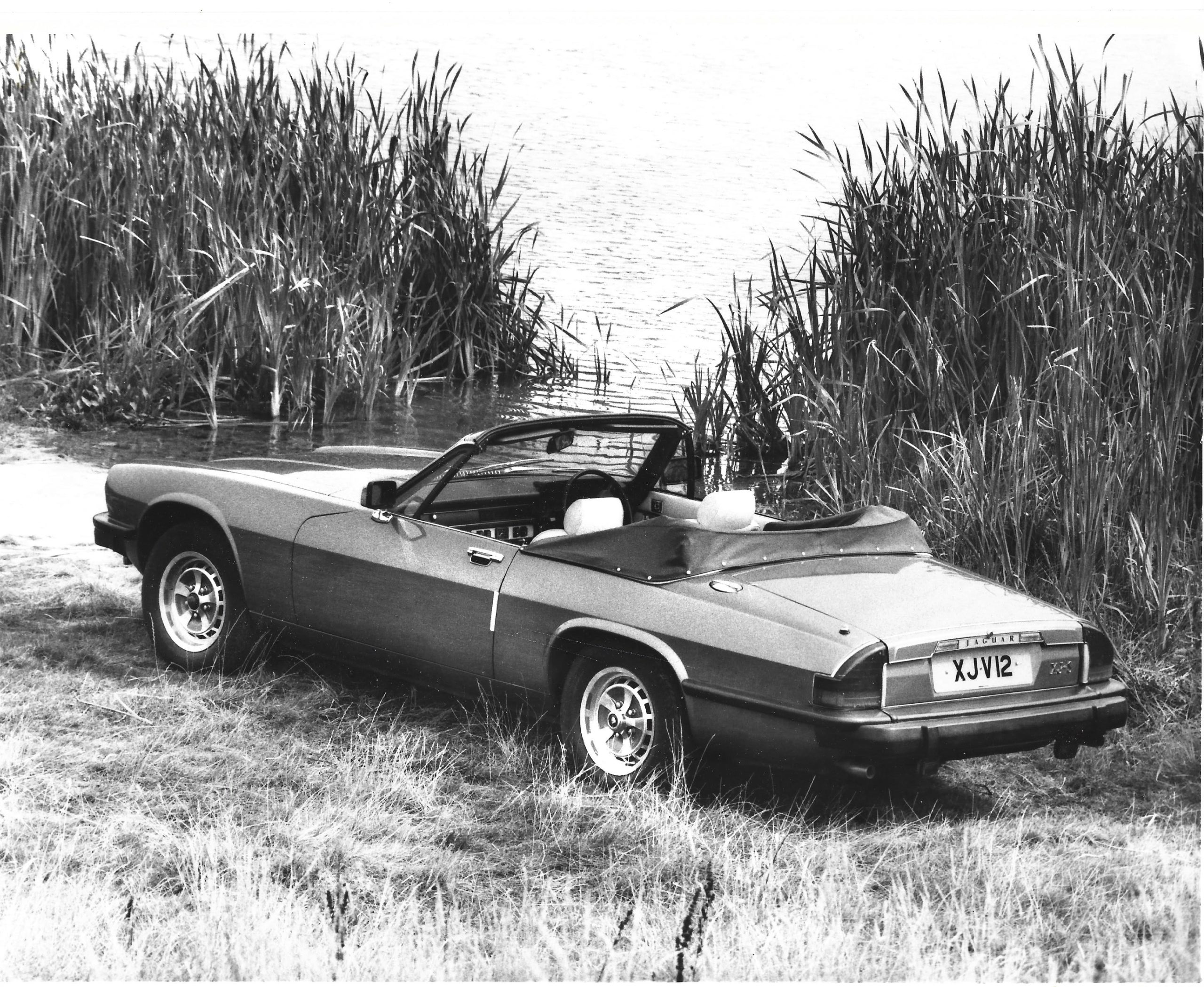With the sale of new petrol and diesel cars ending in the UK in 2030 and electric vehicle sales on the rise, the UK government is investigating ways of making up for the substantial drop in fuel duty revenue it’s set to incur over the coming decades.
The House of Commons Transport Committee has today released a report explaining its plans for a road pricing scheme that will go some way to making up this shortfall in tax revenue. The plans are also designed to mitigate problems unrelated to fuel type such as congestion.

What is road pricing?
Road pricing is a tax based on how frequently, how far, and where you drive, as well as the vehicle being used. The ultimate aim is to generate tax revenue, with a secondary aim of minimising pollution, emissions and congestion.
As the report notes, road pricing is already in place in some local areas, so it’s not a new concept. London’s congestion charge and Ultra Low Emission Zone (ULEZ) are both forms of road pricing – charging you to enter certain areas depending on the time of day or what vehicle you’re in – much like the Dartford crossing or M6 Toll.
Why is road pricing being considered?

At the moment, HM Treasury collects £35 billion per year in revenue from Vehicle Excise Duty (commonly but erroneously known as road tax) and fuel duty, the latter accounting for the majority and set at around 66 pence per litre of the price you pay at the pump. That £35 billion accounts for 1.5 per cent of the UK’s GDP and is forecast to make up around 4 per cent of overall tax receipts in 2021-22.
However, the government faces a looming revenue shortage. With combustion vehicle sales scheduled to end in 2030 and the UK aiming for “net zero” by 2050, HM Treasury estimates that existing motoring taxation revenues on new cars will fall to zero by 2040 – wiping billions from the tax pot in just 18 years’ time. Essentially, the more of the population that drive electric vehicles, which do not pay VED or fuel duty, the less money those taxes bring in.
As a result, the government is seeking ways to make up that shortfall, and the most likely method will come in the form of road pricing. A decision on its viability or any alternative should be in place by the end of 2022, according to the Transport Committee.
How the report proposes road pricing will work

The report is adamant that any new road pricing scheme must be fair. As a result, it recommends that any new mechanism must entirely replace fuel duty and VED, rather than being added alongside, and that it must be “revenue neutral”, meaning motorists, as a whole, should pay the same or less than they do currently.
It’s undoubtedly a complex process. Practically speaking, the government is investigating telematic technology to record how far, and where, a driver travels, using data generated by newer cars, or GPS. However, data protection is just one challenge in its path.
Then there’s the question of how to collect the revenue. With fuel it’s pretty simple: Drivers pay tax at point of sale, as well as VAT. With VED, motorists pay monthly or annually. How road pricing taxes will be collected is still being decided.
How will it affect classic and emerging-classic car enthusiasts?

At a glance, it’s unclear how the government’s intentions – that drivers will pay no more than they do currently – will manifest.
For a start, EV drivers are likely to come off worst. Buyers of new EVs currently pay very little (or nothing at all, in most cases) and will undoubtedly end up paying more, otherwise the tax won’t be doing its job.
The Transport Committee is also keen to nip in the bud any thoughts EV drivers might be having that they will never pay tax to run their car. “If that becomes part of the psychology of owning an electric vehicle,” the report notes, “we have no hope of filling that hole and changing how we pay.”
The flip side is that drivers who currently own a combustion vehicle should pay no more, all being well. If the government truly intends to entirely replace fuel duty and VED with road pricing, then fuel should become 66p per litre cheaper, and VED fall to nothing for all vehicles.
The benefit looks greatest for vehicles less than 40 years old, since those are the cars on which VED is currently charged. That’s good news for what we call modern or emerging classics, which sit in a kind of automotive purgatory right now, subject to the same or greater taxes as new vehicles but also falling foul of low-emission zones in cities due to them producing higher levels of CO2.
As for vehicles over 40 years old, it’s difficult, as it is with EVs, to see how they will end up paying less than “free” when it comes to VED. But given these vehicles are also driven the least, and given fuel duty would (in theory) be scrapped, the cost of driving an older vehicle may still be negligible.
Don’t get too excited though…
While road pricing may end up financially beneficial for some classic car owners, we’ve still got some cold water to pour on those thoughts.
Firstly, mechanisms like low-emission zones will no doubt continue to grow, both in usage and in area, and vehicles that produce any emissions whatsoever will always be first to be excluded from those areas – or at least heavily charged, like they are with the current London ULEZ.
Secondly, the government is still focused on minimising congestion, and that is something that no vehicle is exempt from creating in some places. So while an enthusiast driving their classic car in the Yorkshire Dales or Dartmoor might benefit from lower levels of taxes under a new road pricing system, anyone who regularly finds themselves stuck in traffic may end up getting charged a great deal more, since it’s likely higher taxes will be levied in congestion blackspots.
The report does not yet set a timescale for road pricing to be introduced – and while it’s highly likely to be implemented, it isn’t yet set in stone – but as electric vehicles become more commonplace in the new car market, you can bet the government will scrabble to find alternatives to VED and fuel duty sooner rather than later.
Read more
9 modern classic cars to beat the ULEZ charge
What the Ultra Low Emissions Zone means for London’s classic car owners
Opinion: What the government doesn’t tell you about E10 fuel










Removing the tax incentives from electric cars will help. Plus, so would adding vehicle excise duty.
Originally, the road fund licence (VED, road tax – call it what you will) was established to provide a ‘fund’ to manitain and repair roads. Usage of roads damages them (pretty simple, of course) as do nature and weather.
As a sweetener to encourage people into electric cars I can see why a government would waive the annual road fund licence but this surely cannot and should not be a long-term view. People who drive electric cars use public roads in the same manner as every other car driver and for the same purpose so they SHOULD absolutely pay the road fund licence in order to use them – and that’s before you take into account the extra weight of electric cars.
I remember when, upon joining the Common Market/EEC/EU, this country had to upgrade roads and bridges (at enormous taxpayer expense) to accommodate 44-ton European lorries whereas we’d had a UK HGV weight limit of 32 tons up to that point. Years ago, you could often find your car ‘tramlining’ along the inner lane of motorways (twin canals in heavy rain causing aquaplaning!) until more effort and money was expended on resolving this issue, such was the extra wear and tear caused by these heavier HGV’s.
Thus heavier cars (which EV’s most certainly are) will also increase road repair bills but, even regardless of that, whatever we drive, we should all, as road users, bear an equal responsibility and pay a FAIR sum to use and maintain this country’s roads.
just another tax burden
The current VED system is a complete farce with EV and some ultra low emissions vehicles being exempt or paying next to nothing? Likewise, whilst obviously, the best form of road pricing would be based on a fuel duty, then you’ll only be paying whilst using your car (of any age)! But it needs to be fair and sensible, as the current level of 66 pence per litre is already outrageously excessive. If the government is so concerned with the potential loss of tax revenue, perhaps they should also be looking at how they spend the money and actually becoming far more efficient themselves, so they won’t need so much tax revenue? I know, that’s something of a pipe dream – but the government needs to held accountable to the tax payers for what they are spending the tax revenue on?
EV owners will end up paying more for charging their car in rising energy costs anyway.
With regard to 2030 and no more ICE based cars, I’m not sure that’ll happen in the clean cut way we all seem to imagine!
For example, JCB have and are still developing their existing petrol engines to run on hydrogen with zero emissions. Still an internal combustion engine that will still need to be serviced, but simply not running on diesel or petrol? This is not using a hydrogen fuel cell in the vehicle, but rather simply filling up with hydrogen from a static distribution point/fuel cell.
Then there is Porsche that are developing synthetic fuels?
Likewise, there will still be ICE based cars running on petrol and diesel (or alternative fuels) for a few decades after 2030?
The point being, it’s not going to be straight forward and will no doubt still be complicated.
So, how about this for a simple solution…
For all ICE based cars, tax revenue is based on fuel duty – for whatever and any fuel that is being used e.g. including hydrogen and synthetic fuels.
For EV’s, there will need to be a duty on charging, with data collected from the car and/or the chargers. I.e. when an EV is plugged in anywhere for charging, the kWh rate will include an appropriate tax. However, this ‘may’ be covered within the existing 5% VAT already charged as an EV customer is very likely to be using more electricity to charge their car anyway?
For other cars, such as those ‘with’ a built in hydrogen fuel cell, they are already ‘very’ expensive to buy and very few and far between. So, maybe an appropriate purchase tax should be added for the life of the car, or every time the car is sold and purchased again?
Very valid points made by Jeremy ref. HGV’s and road use, wear and tear etc. However, I live in the South East and see an awful lot of foreign trucks driving on our roads, that to my knowledge don’t pay anything toward the wear and tear on our roads? Most won’t even refuel in the UK as they fill up before coming over? They also get away without paying tolls as well?